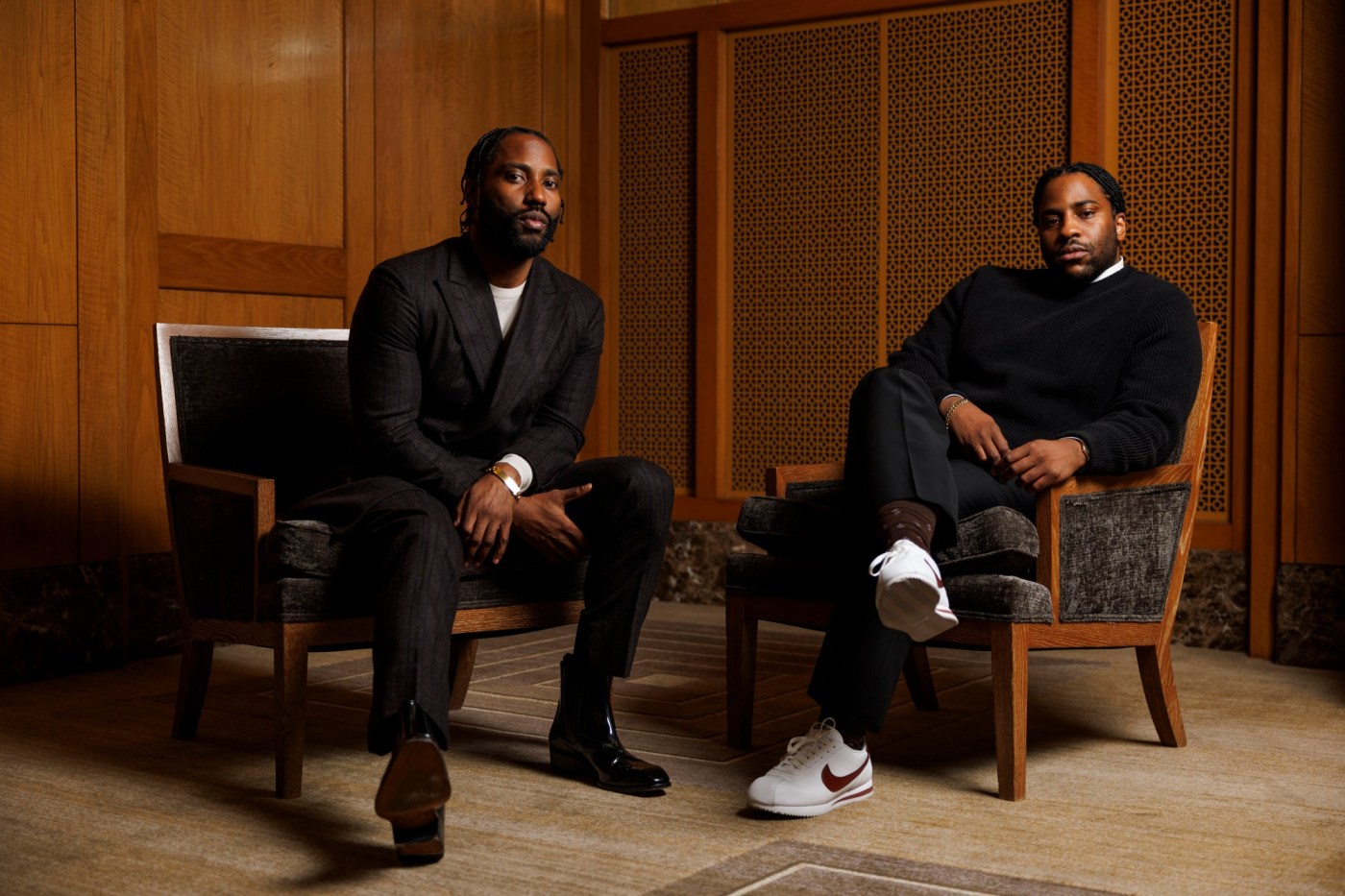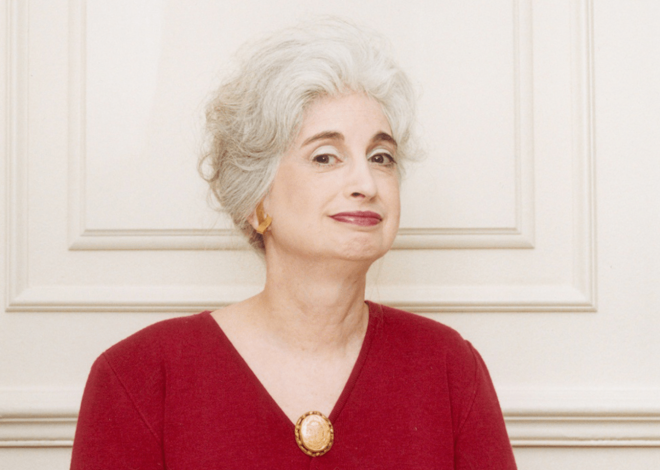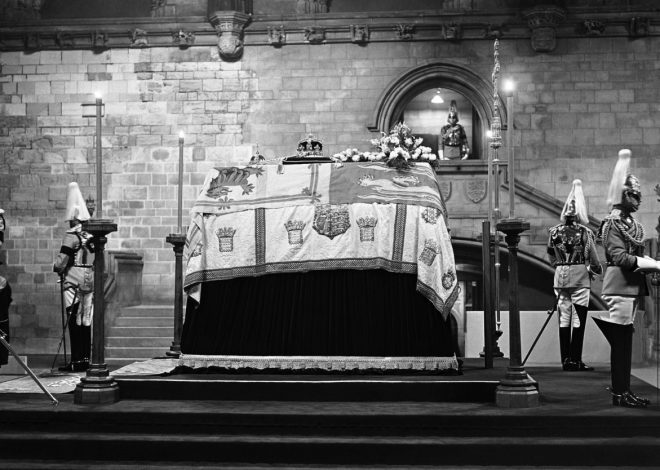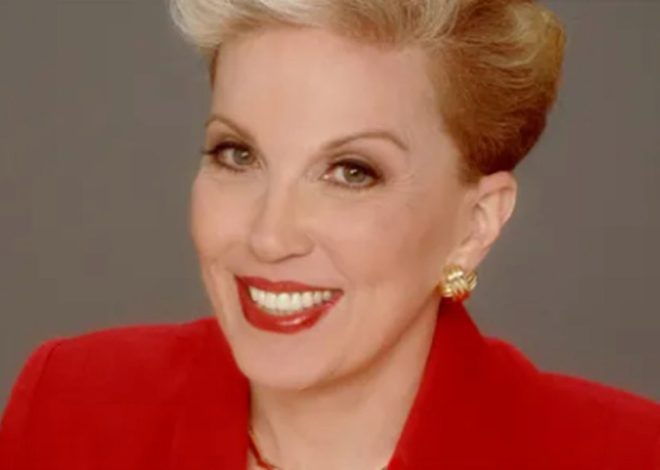
Column: August Wilson’s ‘The Piano Lesson’ jumps from stage to screen, with a pair of Washingtons in charge
Playwright August Wilson’s “The Piano Lesson” comes down to this: A sister and brother, haunted by the violent disruption of their Mississippi childhoods, reunite in 1936 Pittsburgh.
It’s a tense reunion, with the family heirloom’s destiny at stake. The piano of the title either stays put in the parlor, where sister Berniece’s daughter practices her scales though her mother never touches the keys herself, or it gets sold to help pay for brother Boy Willie’s farmland back home. Faces of the family’s ancestors, carved by their grandfather, grace the piano with a metaphysical weight beyond anything measured by a hardware store scale.
Wilson’s 1990 drama, the second of his Pulitzer Prize winners (“Fences” came first), is now a movie. It too is a family matter. Malcolm Washington makes his feature directorial debut with “The Piano Lesson.” His brother John David Washington (“Black KkKlansman,” “Tenet”) takes the male lead as Boy Willie. They are two of the four children born to Pauletta and Denzel Washington. The latter — in addition to everything for which you know him as a screen star — is a determined and powerful August Wilson champion, who has expressed more than idle interest in backing film versions of just about everything the poet-turned-playwright ever wrote.
To that end: Denzel Washington directed and starred in the 2016 film version of “Fences” with Viola Davis, the two having headlined the play’s 2010 Broadway revival. “The Piano Lesson” traveled a similar path. Revived on Broadway in 2022 with John David Washington in his professional stage debut, it featured Samuel L. Jackson, top-billed, as Doaker, uncle of Boy Willie and Berniece. LaTanya Richardson Jackson, married to Samuel L. Jackson for 44 years now, directed that revival, and Jackson returns as Doaker for the screen version.
“The connectivity of all this is pretty incredible,” John David told me the other day. “The Piano Lesson,” he said, “is so personal for Sam. For all of us, really. And what Mr. Wilson means to my father means there’s something at stake here.” (Denzel Washington co-produced the film; John David’s sister Katia Washington served as an executive producer.)
A few hours before “The Piano Lesson” opened the Chicago International Film Festival on Oct. 16, I sat down with John David Washington, joined by Malcolm Washington. Our conversation has been edited for clarity and length.
Q: Let’s talk about the Broadway production of “The Piano Lesson” that preceded the movie. This wasn’t just your Broadway debut but your professional stage debut, is that right?
John David Washington: That’s right. First time I ever got paid for stage acting. I’d done a few things before. I did Amiri Baraka’s play “Dutchman” at the HB Studio with Lisa Hickman. And at Pace University (also in New York) I remember doing scenes from “The Taming of the Shrew” not for theater students but for literature students. That was more nerve-wracking than anything.
Q: So what was it like taking on 120-some performances of “The Piano Lesson”?
JDW: Getting to do a show over and over — honestly, that was the fun of it. A major perk. The discovery of it, nightly, sometimes twice a day. I loved the repetition; I’m an athlete. (After playing football for Morehouse College, Washington signed with the St. Louis Rams and then moved to the United Football League’s Sacramento Mountain Lions as running back.) Anytime I get to see the same defense over and over again, eventually I’m going to diagnose it and find my way of attack. That’s how playing Boy Willie in “The Piano Lesson” felt.
Q: In every Wilson play everyone’s telling stories within stories, in this case stories about an entire family legacy from slavery to Reconstruction to the present day in 1936. In visual terms, a lot of this material feels like flashbacks waiting to happen on a screen. Malcolm, clearly you felt the same way?
Malcolm Washington: As you point out, “The Piano Lesson” is a story about storytelling, and reclaiming your own story. It’s all in the text, and we wanted to play with the structure a little bit, push at the borders. We pushed the (supernatural) genre elements more, when we thought it made sense. But with more realistic flashbacks, the key thing was the story behind the piano. That’s the spine of the piece. It gives you the family’s history, and the inciting incident so important to the Charles family. One thing we added: We put Boy Willie into the prologue. It’s part of what ripples through the rest of the movie, this story of how Boy Willie and Berniece lost their father. And in the context of the 1936 (setting), it tells you why this man won’t stop until he gets that piano.
It’s a departure from the approach taken by the other two recent adaptations of Mr. Wilson’s plays, “Ma Rainey’s Black Bottom” directed by George C. Wolfe and “Fences” directed by my father. (An abridged adaptation of “The Piano Lesson” was filmed for TV in 1995, starring Charles S. Dutton and Alfre Woodard, directed by Wilson’s longtime, eventually estranged mentor, Lloyd Richards.) With Mr. Wolfe you see one of the most seasoned theater directors of all time at work, and it feeds the material. With my father and “Fences” you see his eye as a filmmaker and also as an actor. With me, I was raised on a different kind of filmmaking. My voice is different.
Q: What was it like to work in these family situations on set? You guys are brothers; Jackson and Richardson Jackson are married, and Jackson’s time at the very beginning of the life of “The Piano Lesson” was a complicated one.
JDW: Right, a very complicated situation there. Mr. Jackson has been open about his relationship with the play as it relates to his career and his life. (Struggling at the time with cocaine and alcohol addiction, the actor left the role of Boy Willie to the play’s 1990 Broadway premiere, though Jackson understudied his replacement, Charles S. Dutton.) So it’s very personal for him. Sam told me stories about August rewriting Boy Willie’s final monologue every other night at Yale, which meant he was constantly memorizing new pages. I can’t imagine what that was like.
Actor John David Washington, from left, actor Danielle Deadwyler, producer Katia Washington and director Malcolm Washington attend a “The Piano Lesson” presentation at the London Film Festival on Oct. 12, 2024. (John Phillips/Getty)
Q: Malcolm, can you point to an example of finding the visual language you wanted, in some cases, while you were on set, filming?
MW: We had 35 days to shoot, in Atlanta (for the interior scenes) and different parts of Georgia (for the exteriors). That meant a high page count we had to get through every day, five, six, sometimes seven pages a day. Close to halfway through, we were doing the second big fight between Berniece (Danielle Deadwyler) and Boy Willie. At this point they’re almost like prizefighters, landing haymakers, and this was a day with a lot of pressure on everybody to get it right.
But somehow that day everybody kind of threw the pressure away. They’re doing the scene, and my DP (or director of photography, the cinematographer Mike Gioulakis) and I looked at each other. We’d already made a considered decision not to shoot handheld; we wanted a more formal visual language. But that day we said, “Let’s do it today. Today, let’s play.” And we found something. Wilson’s language is so heightened, he writes in these wonderful poems, almost And when we tried that scene with a handheld camera, it grounded it in a way we didn’t expect. It was like, “Let’s make a Cassavetes movie today.”
Q: Every director/actor relationship changes film to film, and colleague to colleague. John David, can you give us an idea of how Malcolm worked with you here?
JDW: This isn’t a sexy answer, but a lot of it was what he didn’t say. He’d come around, and stand by me after a take, and his presence sort of signaled: I got you. I’m with you. Sometimes it was a hug after a long day’s shoot. Sometimes it was just a “calm down” because I was a little nervous on my first day, I remember. That was very helpful.
I’ve had directors who have a lot to say, and that can clot the flow of the process. But Malcolm understands what an actor’s going through, and an actor’s momentum. He’ll watch, and listen, and then he might set up a new camera angle, or try some subtle changes for the next take. And I really appreciated that.
When I did this on Broadway, every time I felt like I was pushing something, or trying to really nail a certain moment, I didn’t feel great about the results. With August Wilson it’s only in the moments when you let yourself go and let the words carry everything you’re doing — that’s when it feels right.
“The Piano Lesson” premieres in limited release in theaters Nov. 8, streaming on Netflix Nov. 22.
Michael Phillips is a Tribune critic.


